Exemplary Tips About How To Tell If A Cat Is Depressed
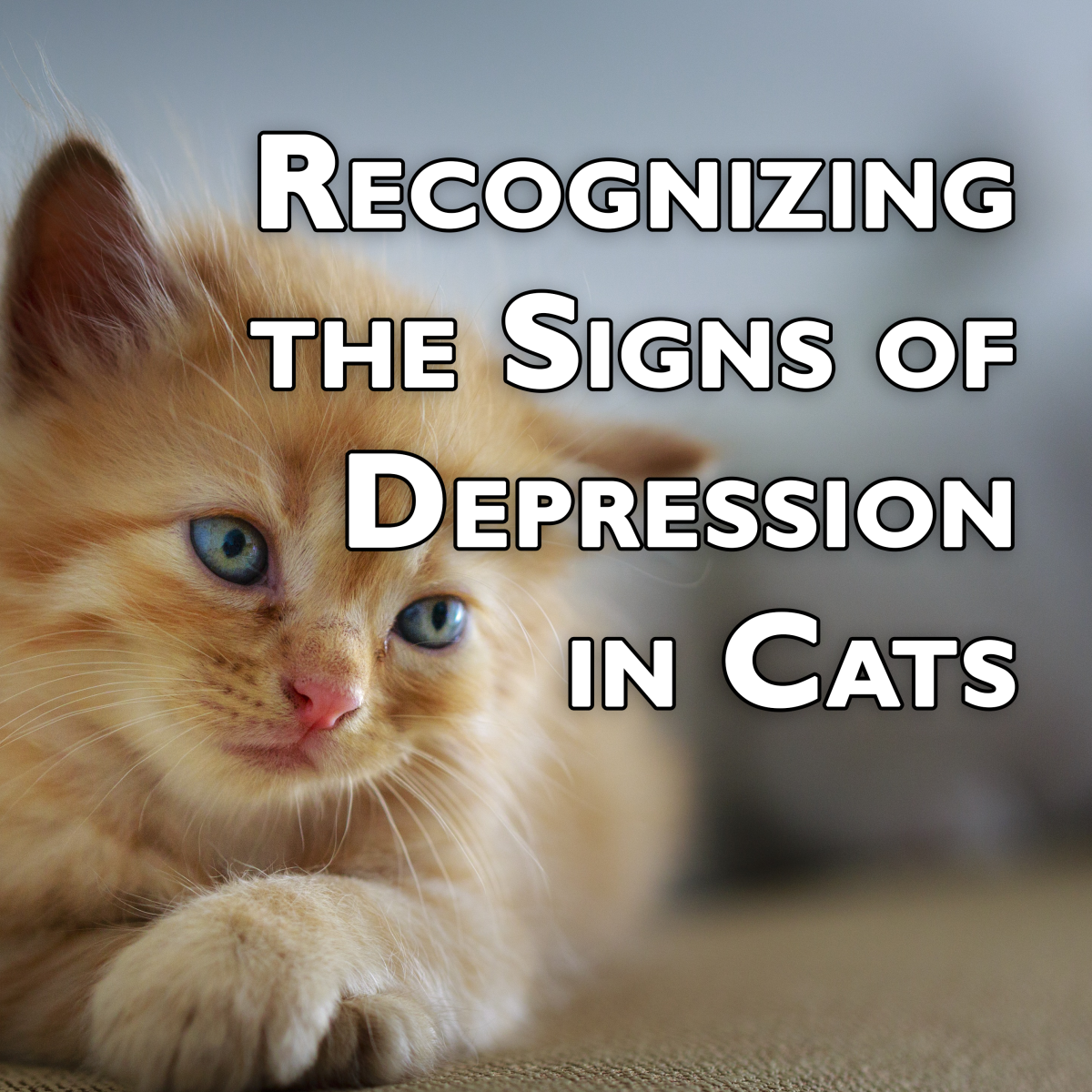
Signs of depression in cats.
How to tell if a cat is depressed. Learn the 18 most common symptoms for. There are a few feline behavioral changes such as your cat sleeping more often, loss of appetite. In veterinary medicine, we focus on the signs we can observe and measure because cats cannot tell us that they are feeling sad or depressed.
Some cats may adjust really well, but an older cat may take longer to adjust and may become depressed. Always rule out medical causes before assuming a problem is psychological. You might notice more vocalizations when cats are having a hard time, they may begin to meow or cry more than they normally do.
Cats are emotional and can get stressed or depressed. Some of the common signs to look out for include: Yes, cats can experience depression that is similar to what humans go through.
It could be obvious, like a dirty food bowl that’s normally clean, or more subtle, like a chair that isn’t in its usual spot or a favorite toy trapped under a piece of furniture. Your kitty may become less interested in. How can you tell if a cat is depressed?
However, they don't usually express their emotions the same way people do. If your cat displays symptoms like increased thirst, altered appetite (decreased or increased), changes in bowel movements (diarrhea or constipation), and other. Common signs that a cat is sick include vomiting, diarrhea, loss of appetite, lethargy, increased thirst, and many more.
If your cat starts spraying or begins to use the bathroom outside of the litter box, it is a clear sign of sadness. Loss of appetite withdrawal or hiding excessive grooming decreased activity levels mood swings these. Learn to identify signs of depression in your cat and ways to.
Many common conditions cause a lack of energy, so always check out their health first. Now that you know cats can be depressed, you might be asking, “how do i know if my cat is depressed?” symptoms of. The most common signs of an unhappy cat are cowering, hissing, and fleeing.
Here are signs of depression that you can look out for: Cats who are depressed tend to be reactive and will sometimes act with aggression or fearfulness. While their depression tends to be short term, it can be overwhelming both to the cat and her family.
While experts say cats don’t get clinical depression in the same way humans do, cats can show various signs of depression when something is physically or. Felines have a wide range of emotions, including fear, sadness, contentment, and affection. But sometimes your cat may not show.
Cats can suffer from a kitty form of depression for various reasons. Lethargy and inactivity aggressive behavior, such as hissing, biting, or signs of fear and sadness vocal cues,.
:max_bytes(150000):strip_icc()/is-your-cat-sad-553922_FINAL-6117a2c284ac4a018e1980864f07effa.png)


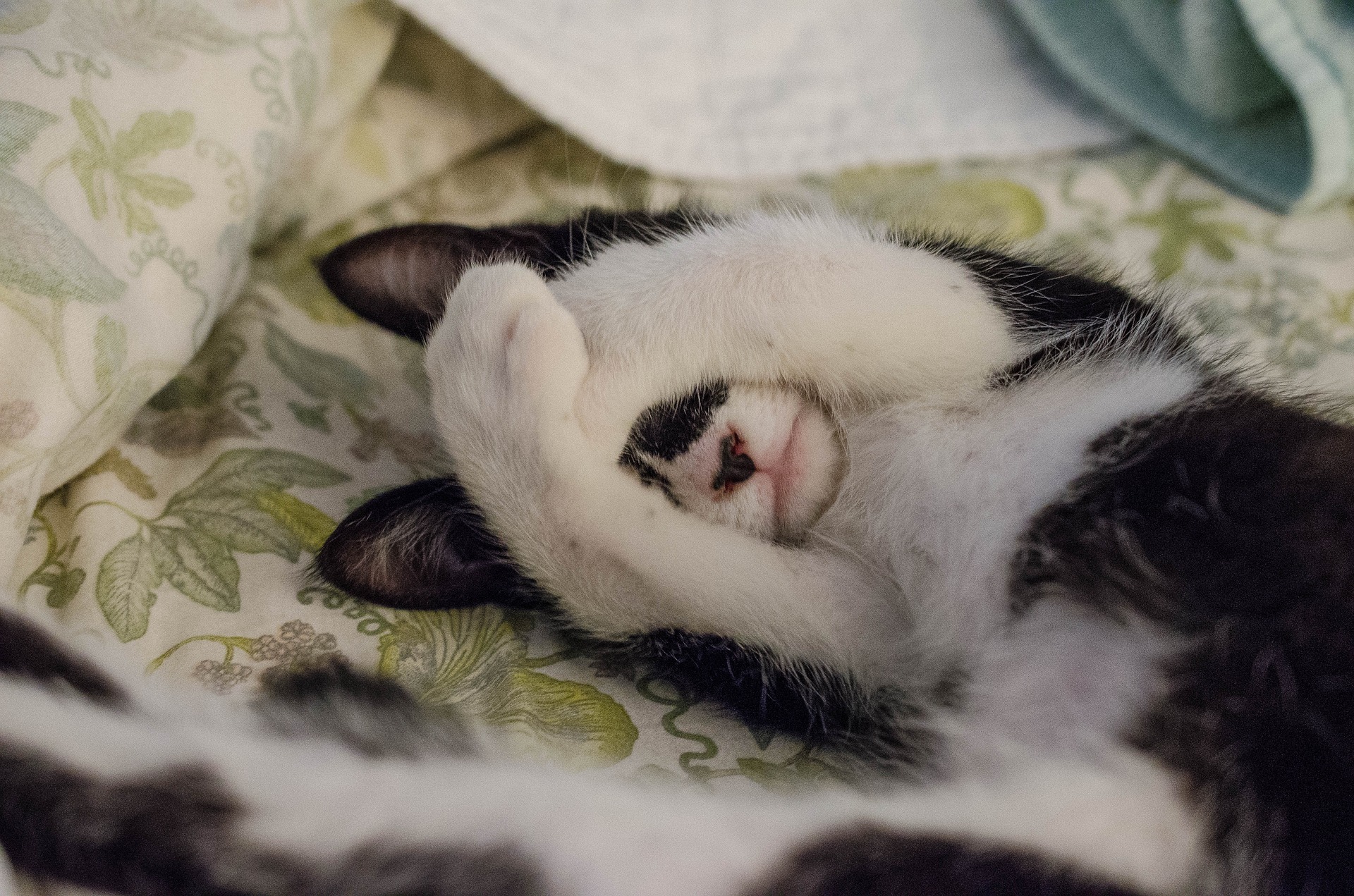


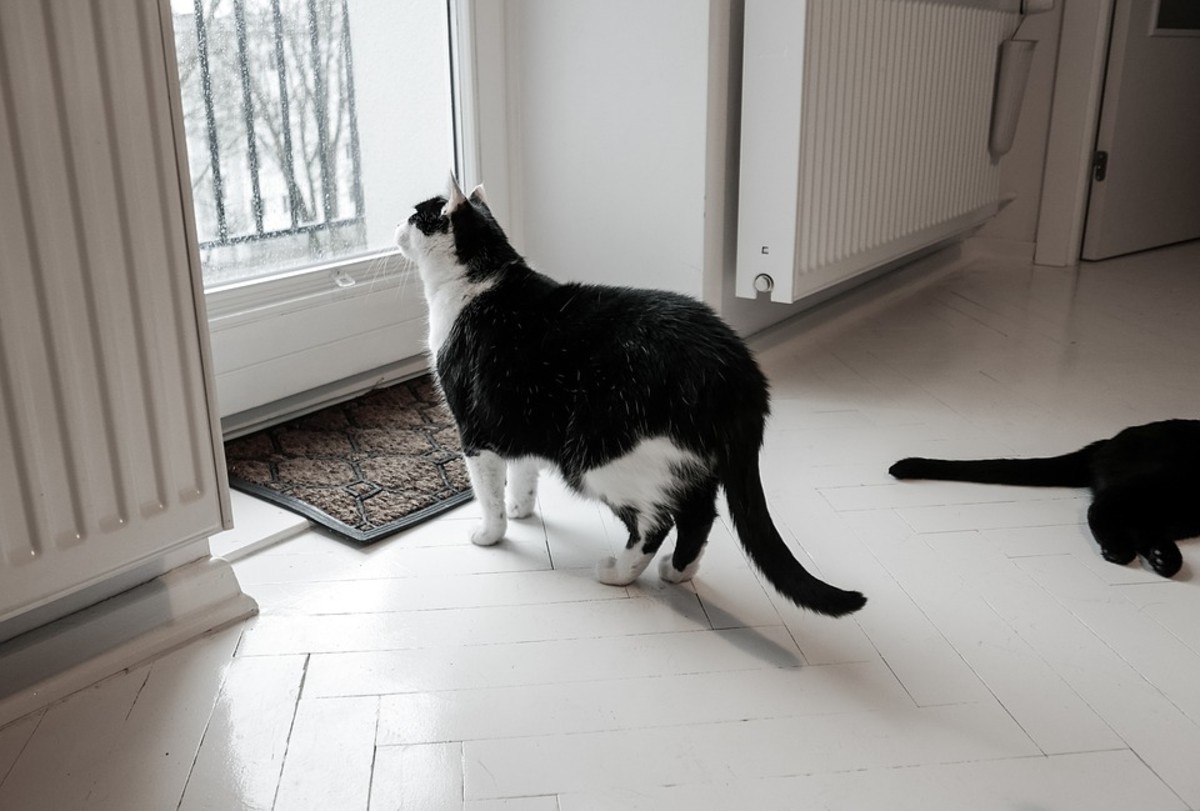
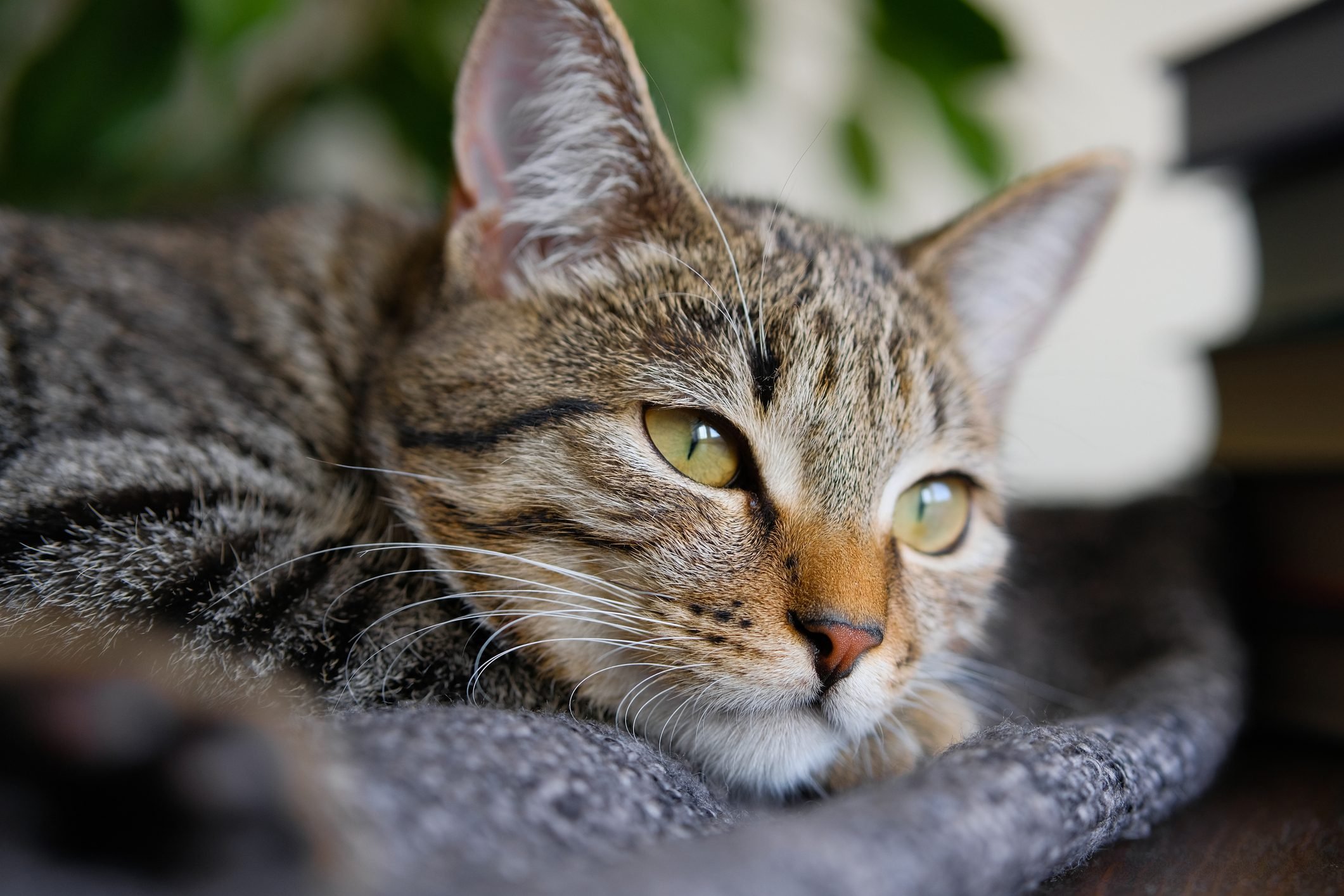

:max_bytes(150000):strip_icc()/is-your-cat-sad-553922_FINAL-5bdb697446e0fb002d6cbb2f.png)

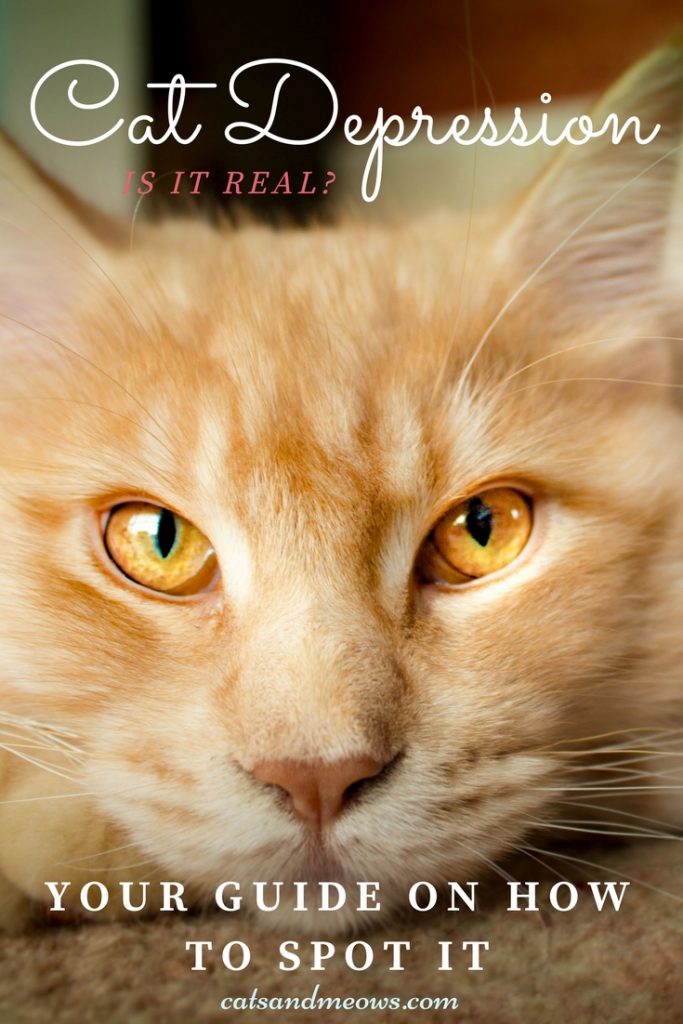





/jane-517481682-58b354bc3df78cdcd8d79f16.jpg)
